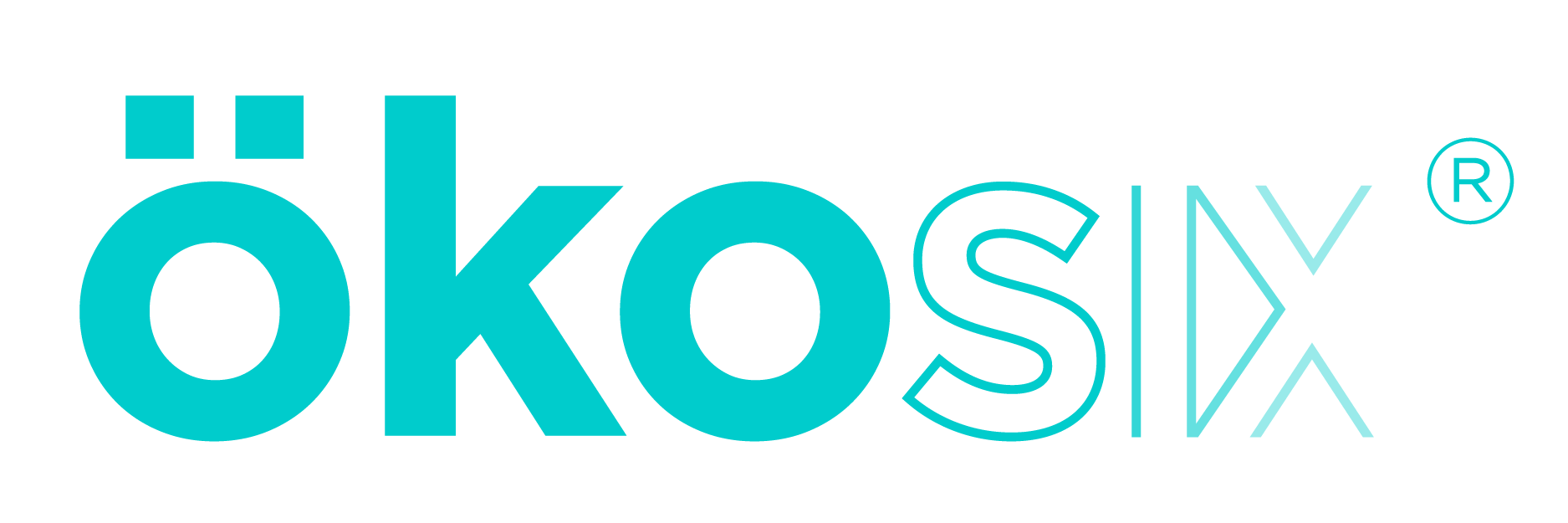The global COVID-19 pandemic has lasted over two years, making face masks an essential daily item. However, the environmental issues caused by discarded masks have raised concerns. A Hong Kong startup, in collaboration with the Nano and Advanced Materials Institute (NAMI), has developed the world’s first face mask that can fully biodegrade within six months. Despite this breakthrough, the Hong Kong government has not yet taken the lead in promoting it. In contrast, in 2020, to address the mask shortage and support environmental protection, the government spent HK$280 million to launch reusable “Copper Core Anti-epidemic Masks,” which received strong support from senior officials at the time. Regarding whether the government will promote the newly developed biodegradable masks by the startup in the future, both the Innovation and Technology Commission (ITC) and the Environmental Protection Department (EPD) have not given positive responses.
A Hong Kong startup (OKOSIX) partnered with NAMI, designated by the ITC, to develop a medical-grade biodegradable mask made from plant fibers and natural materials, claiming it can fully degrade within six months.
Global Mask Waste and Hong Kong's Disposable Mask Disposal
The pandemic has generated massive plastic waste worldwide. Most surgical masks are made of plastic, containing polypropylene, which research shows takes about 1,000 years to decompose fully.
According to the American Chemical Society (ACS Publications) 2020 statistics, 129 billion masks are discarded globally each month, averaging 3 million masks per minute. In Hong Kong alone, about 4 to 6 million non-degradable plastic masks are discarded daily. By May 2021, over 3 billion disposable masks had been discarded in Hong Kong.
Lau Chi-fung, General Secretary of Green Earth, said at a seminar on Tuesday (14th) that the serious daily plastic waste in Hong Kong stems from low environmental awareness among residents and the lack of government policies.
Lau said: “Hong Kong discards over 2,300 tons of plastic daily. The environmental problem mainly arises from our wrong mindset, low environmental awareness, irresponsible manufacturers, and the absence of government policies. Policies should exist but have yet to be introduced.”
Research Funded by Innovation and Technology Commission with About HK$1.5 Million
Dr. Daivid Chung, Secretary for Innovation and Technology, was a guest speaker at the sharing session and expressed support for the development of environmentally friendly mask technology. The Innovation and Technology Commission invested HK$37 million last year in nanotechnology research and allocated HK$77 million to support the environmental industry.

Several environmental technology scholars and experts attended the seminar, including Dr. David Chung, Secretary for Innovation and Technology (fifth from the left).
This research project received support from the ITC. On Thursday (16th), the ITC replied to inquiries stating it granted about HK$1.5 million to NAMI for an 18-month project to develop biodegradable materials for medical masks. The industry partner applying for the project is YSL & C Limited, and “OKOSIX Green” is its registered trademark.
Will the Government Promote Use of Biodegradable Masks? ITC and EPD Have Yet to Respond Positively
egarding future cooperation with the startup to encourage public use of biodegradable masks, the ITC did not give a direct answer. A spokesperson said the ITC will continue funding organizations conducting R&D and technology applications to help translate research results into practice, supporting ongoing epidemic control and enabling citizens to return to normal life soon. NAMI will also support its partners in timely product launches and further research to enhance mask protection and promote environmental protection.
The EPD also gave no positive response when approached. On Wednesday (15th), the EPD’s press office said that landfills are currently the main waste disposal facilities in Hong Kong. There is insufficient evidence that various “biodegradable” plastics on the market (including biodegradable plastics, compostable plastics, and bioplastics) can fully degrade in landfill’s actual anaerobic conditions. However, the EPD will continue monitoring developments of “biodegradable” products and welcomes further research and development by different organizations.
Regarding how the government encourages citizens to support environmental protection and reduce the environmental impact of disposable masks, the EPD replied that disposable masks are not suitable for recycling. The government has been reminding the public through various channels to properly dispose of personal protective equipment (e.g., masks) in covered trash bins after use and not to litter, to avoid health risks and ecological damage.
Government Previously Spent HK$280 Million to Promote Copper Core Anti-epidemic Masks Distributed to All Residents
During the pandemic, the government cooperated with a research center to launch reusable anti-epidemic masks. In 2020, the Legislative Council Finance Committee approved HK$800 million under the Anti-epidemic Fund for the Innovation and Technology Bureau to explore reusable mask technologies. Subsequently, the Hong Kong Research Institute of Textiles and Apparel coordinated production of the reusable “Copper Core Anti-epidemic Mask+™” (CuMask), washable and reusable up to 60 times.
This mask was heavily promoted by the government and used by senior officials, including Carrie Lam and other officers at public events and press conferences. Legislative Council documents show the government purchased over 10 million masks from the research center in 2020 and distributed them free to all Hong Kong residents. Including production, distribution costs, and ITB expenses for online registration and publicity, the total project cost was about HK$280 million, averaging about HK$26 per mask.
However, the “Copper Core Anti-epidemic Mask” faced much controversy and was not widely adopted by the public. Its design was mocked online as resembling “underwear,” making wearers feel uncomfortable. The mask is not a surgical mask and is not allowed in public hospitals and some private hospitals. There were also rumors of conflicts of interest between mask manufacturers and suppliers.
Translation from original article: RFA
Published date: 16 Jun 2022
